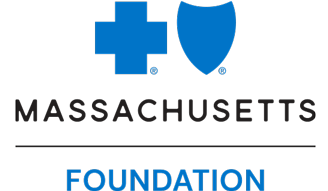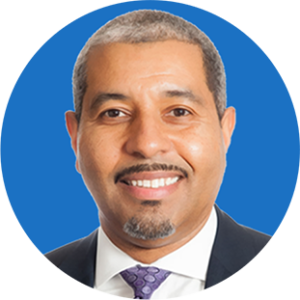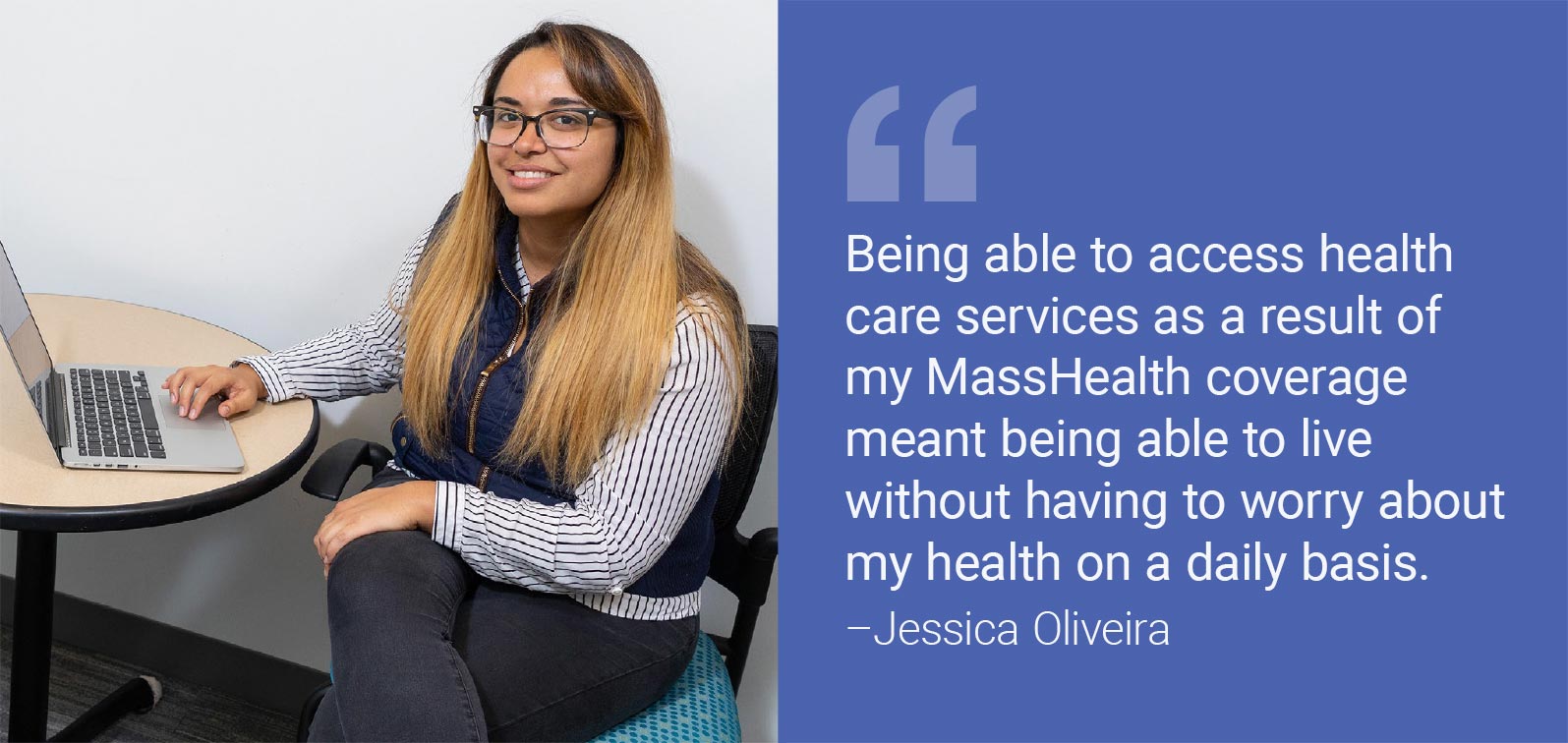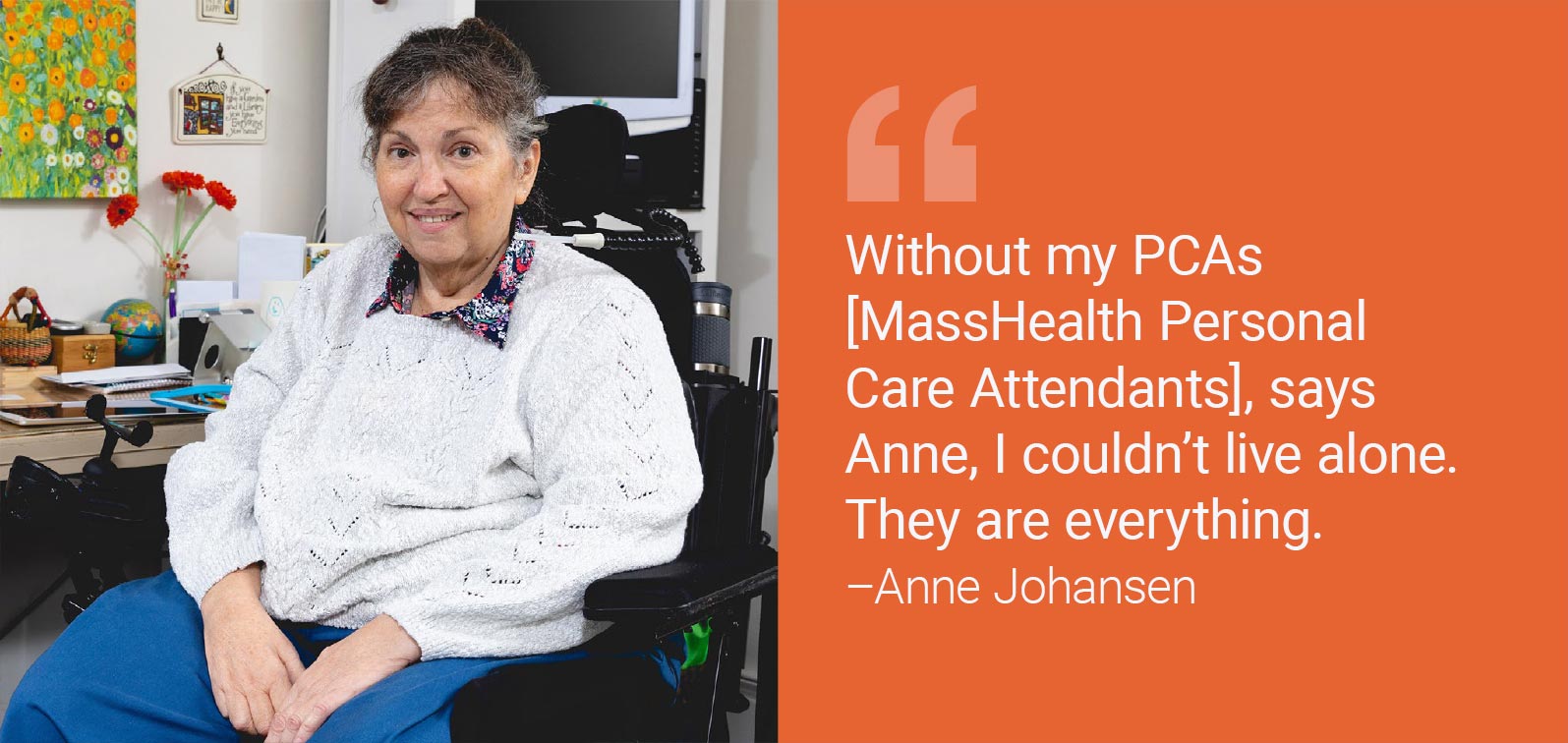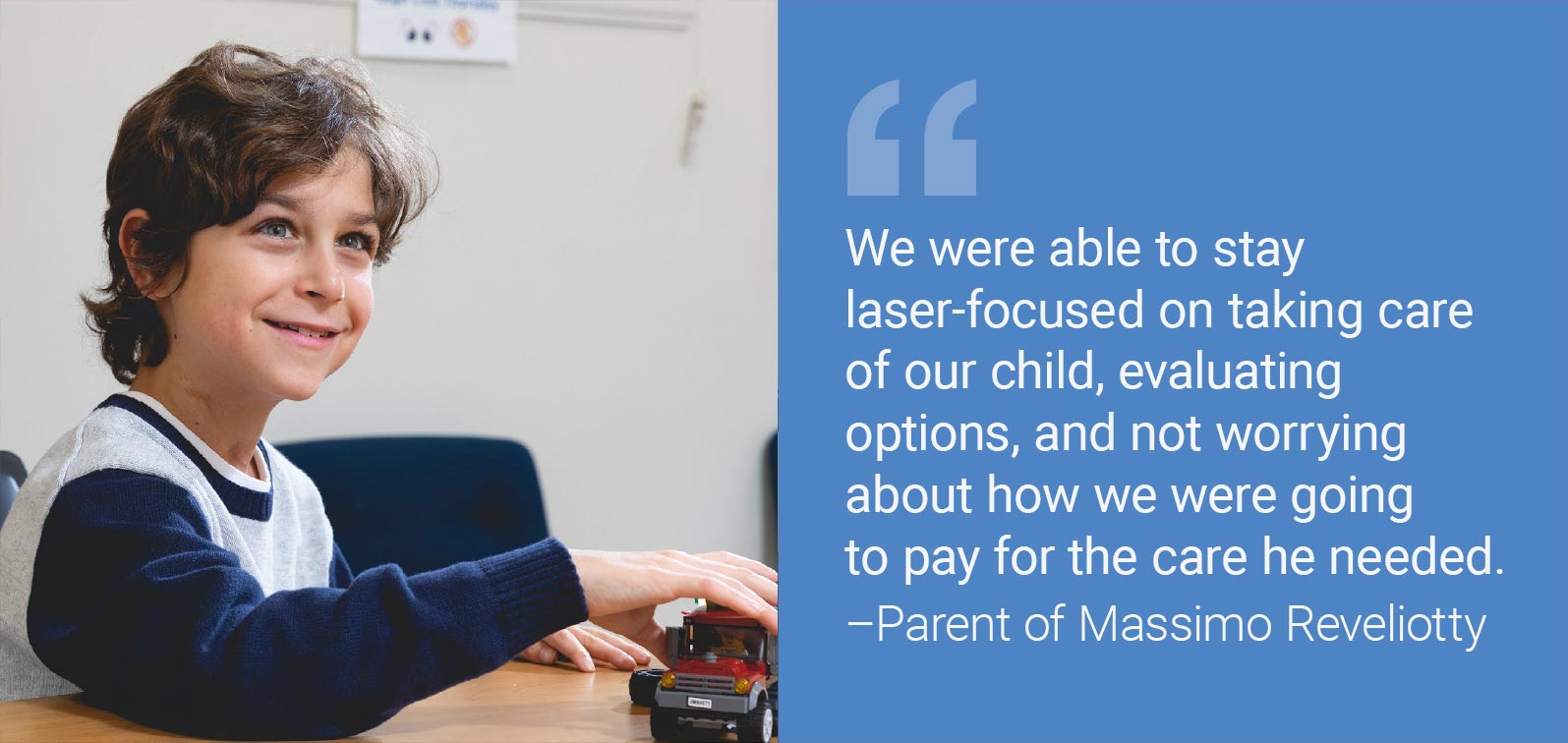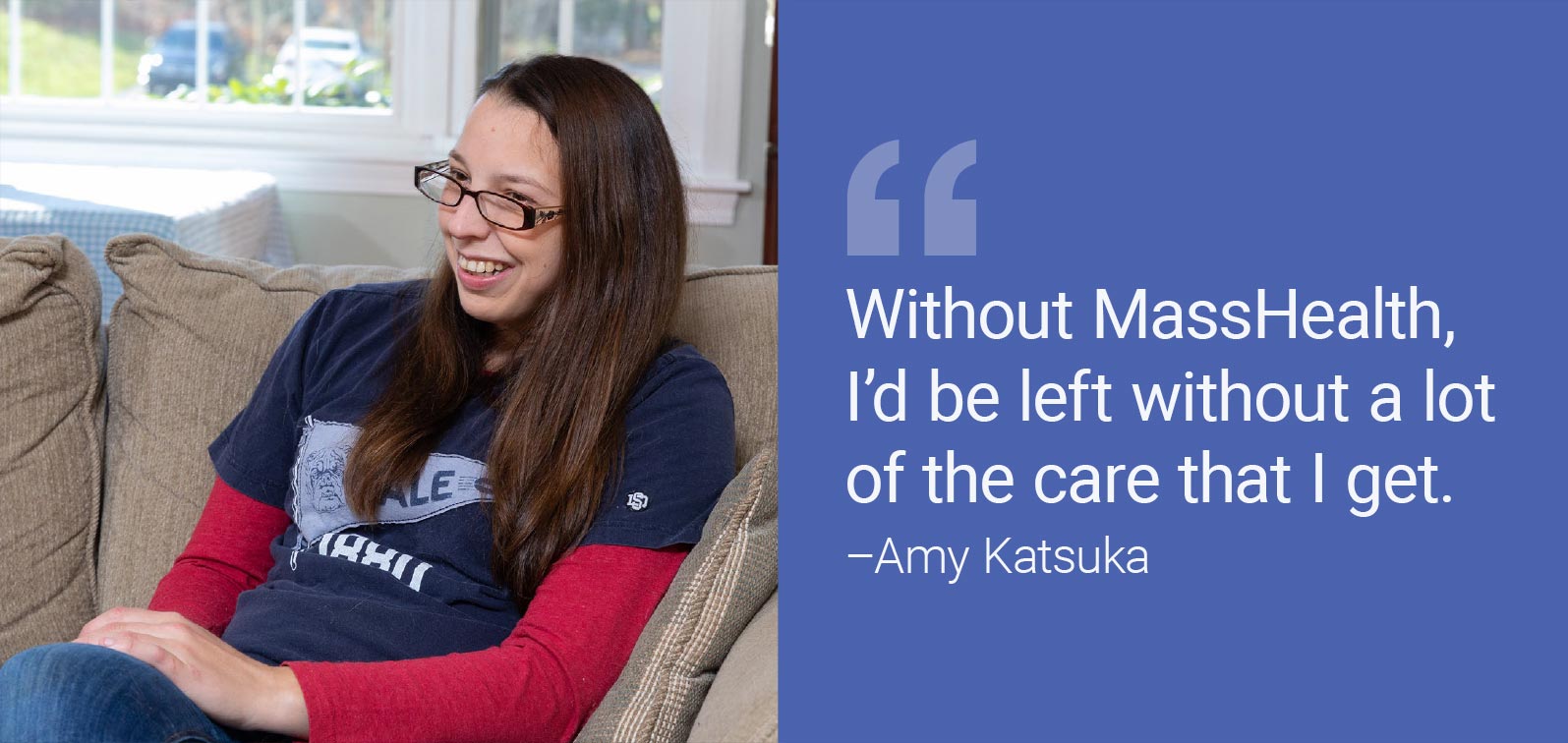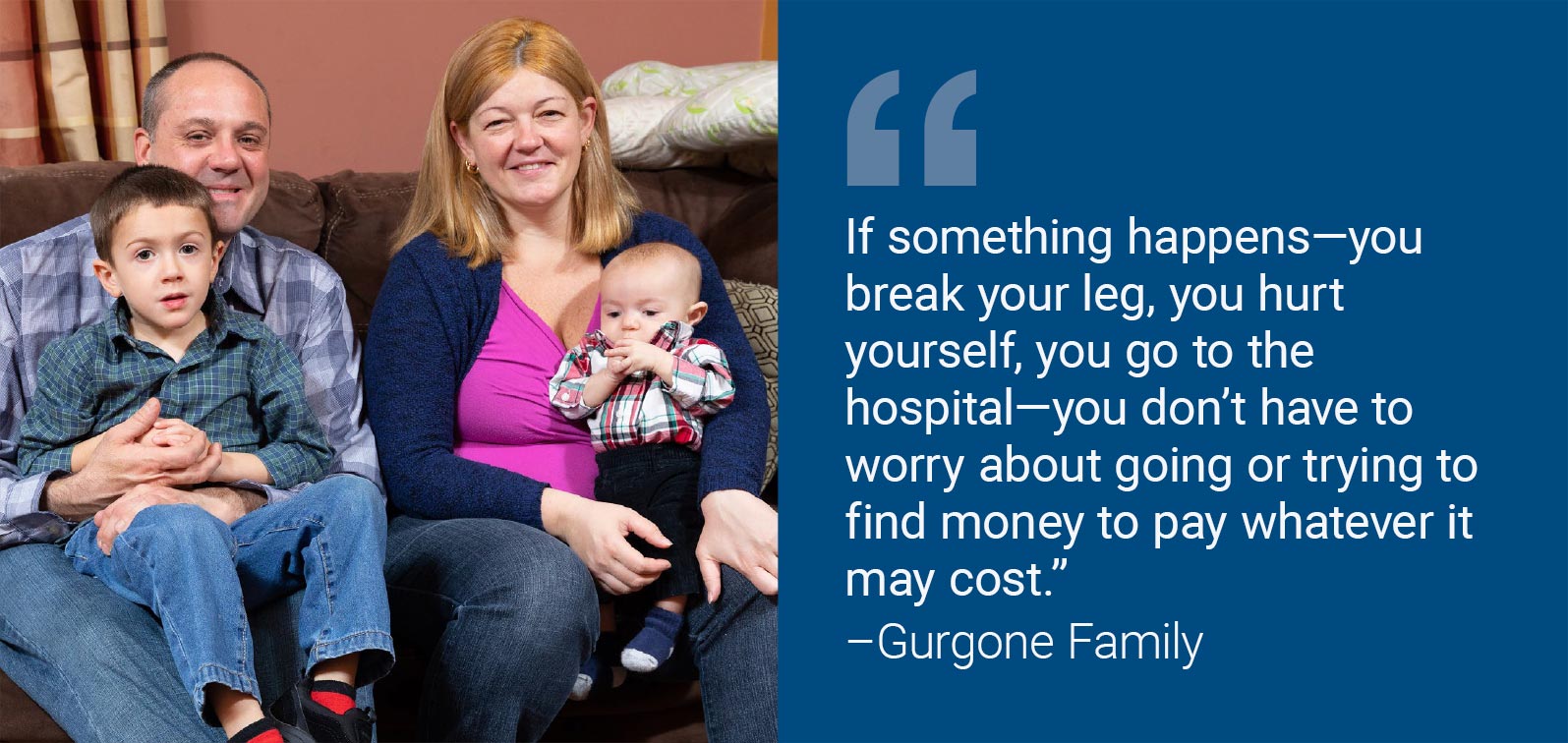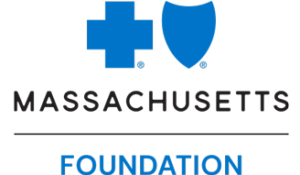Investing in Community
Introduction
Message from the President and Chair
Like other states across the country, our Commonwealth is in a very different situation than we were in 2019. We are facing unprecedented challenges to the health and economic well-being of our residents. We have been harshly reminded of the realities of systemic racism and racial inequities. The Blue Cross Blue Shield of Massachusetts Foundation strongly believes that it is the compassion of our Commonwealth’s people, the diversity of its cities and towns, and a commitment to the honest exchange of ideas that will allow it to move through this public health and economic crisis and toward a more sustained racially equitable society. It will be difficult, but we believe Massachusetts is up to the task.
Investing in people…
By lifting community voices about health care issues that matter. By providing current and future health care leaders with tools to address challenges and opportunities as they guide effective organizations. By equipping journalists to tell effective stories that inform and educate the public.
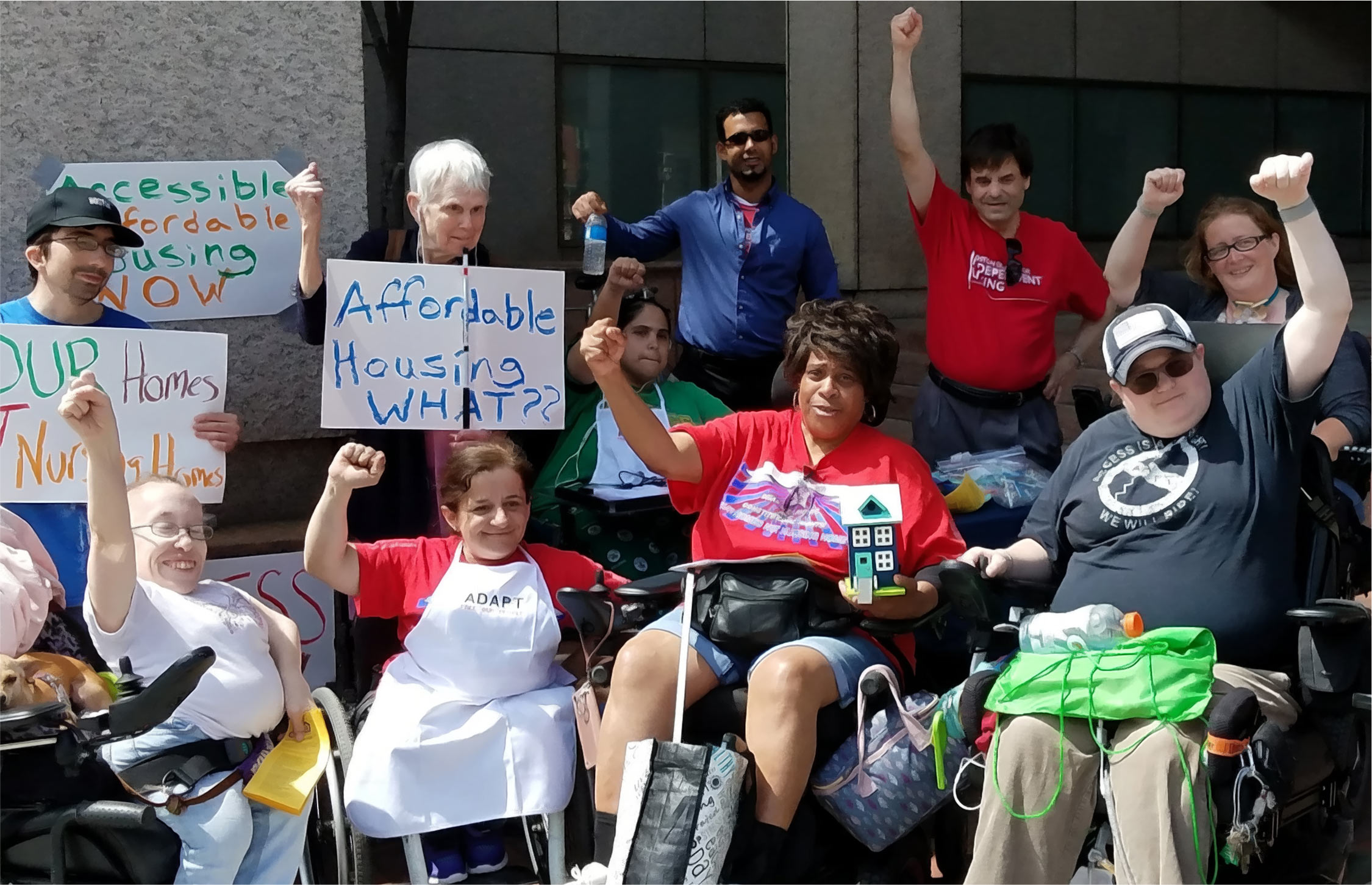
Strengthening the Voice for Access grantees achieved increases for housing
We know that successful and equitable advocacy requires all voices at the table. We also know that safe and stable housing is a strong predictor of health outcomes/health access. Two Strengthening the Voice for Access grantees — the Disability Policy Consortium and Boston Center for Independent Living — work by the motto of “nothing about us without us” and we are proud to invest in their efforts to bring forward the voice of people with disabilities in order to change policies that affect their health and well-being. Together, they successfully advocated for an increase of $1.2 million to the Alternative Housing Voucher Program, which provides rental vouchers to applicants with disabilities who are not elderly and who have been determined eligible for Chapter 667 (elderly and disabled) housing. They also joined forces to secure a $2 million increase for the Department of Mental Health (DMH) Rental Subsidy Program, which allowed DMH to obtain housing for 140 clients.
increase in 2019 to the Alternative Housing Voucher Program
increase in 2019 to the Department of Mental Health Rental Subsidy Program
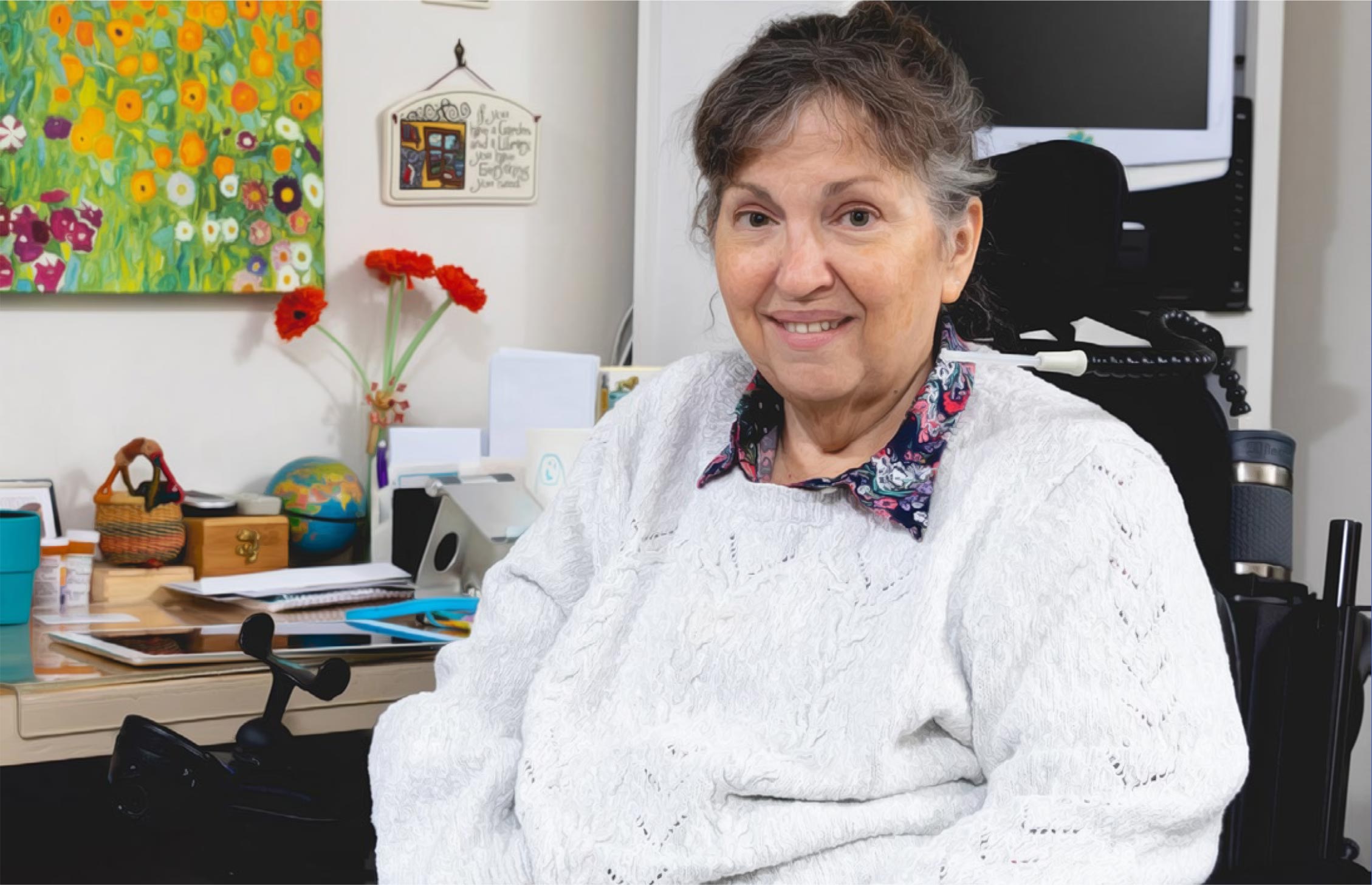
Faces of MassHealth: Portrait of a Diverse Population
Too often, the public narrative about MassHealth fails to include the people who rely on its coverage to ensure their access to care. Partnering with Manatt Health and Health Care For All, the Foundation published Faces of MassHealth: Portrait of a Diverse Population with the goal of offering a more meaningful picture of the more than one in four Massachusetts residents enrolled in the program. Sharing detailed data alongside people’s unique stories humanizes a complex program and demonstrates how MassHealth impacts the people in our communities. Policymakers often hear that “MassHealth Matters” but that phrase takes on meaning and urgency through the diverse experiences of individuals and families.
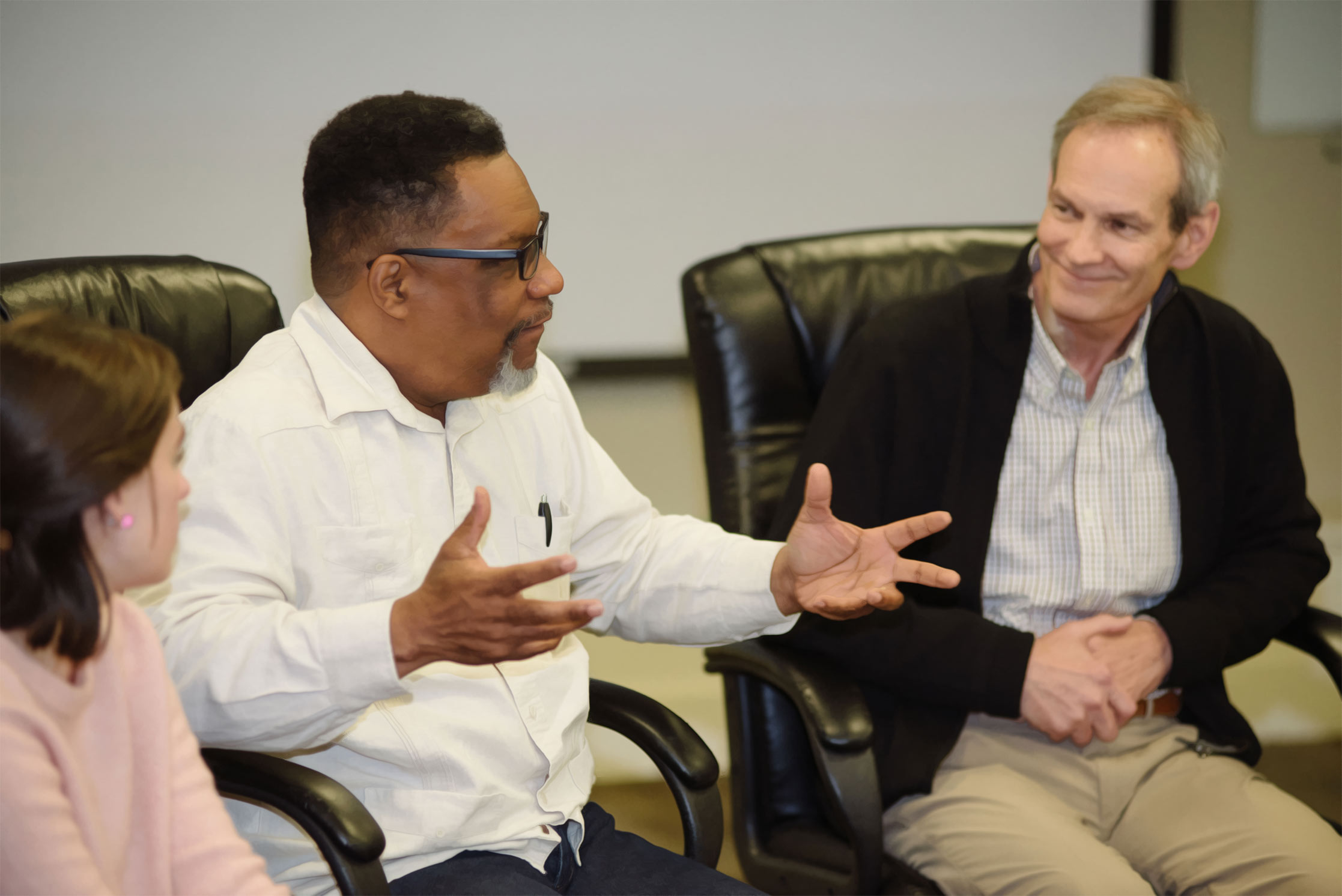
MICHL and Health Coverage Fellowship 2019
Through the Massachusetts Institute for Community Health Leadership (MICHL) and the Health Coverage Fellowship, the Foundation invests in expanding the practical knowledge of key leaders who serve the public and the messengers who inform them of the health issues of the day. For the 18 health care leaders in MICHL, this means spending 9 months learning about effective leadership in the context of privilege, structural racism, and health equity. The 13 journalists engaged in the 9-day intensive fellowship are exposed to the top experts in health care, public health, and journalism as well as the ground-level response to critical health issues. Both cohorts build professional networks that support them well past the conclusion of the programs.
HEALTH CARE LEADERS LEARNED ABOUT EFFECTIVE LEADERSHIP
JOURNALISTS LEARNED FROM TOP EXPERTS
I now have the opportunity to have employer-sponsored insurance, and I’m glad that MassHealth was there to provide a safety net when I needed it and to help make the transition seamless.
– Jessica, medical interpreter
Investing in places…
By highlighting uneven access to coverage and identifying areas struggling with additional social inequities that impact health. By supporting health centers and community-based organizations that link residents to insurance and health care. By funding small but mighty organizations in achieving sustainability as they serve their community’s needs.

The Geography of Uninsurance in Massachusetts: An Update for 2013-2017
Massachusetts has come closer than any other state to achieving universal coverage. Yet, as with many other markers of population health, these gains mask considerable variation across communities. The Geography of Uninsurance in Massachusetts: An Update for 2013-2017 identifies 137 hot spot communities, which are the zip codes with the highest uninsurance rates distributed throughout the state, ranging from 3.4% to 25.8%. Priority hot spot communities are those with the highest concentration of uninsured residents; 31 zip codes that capture, collectively, 25% of the Commonwealth’s total uninsured population. The updated data provide estimates of the uninsurance rate and number by various geographic units, including Congressional districts, counties, cities and towns, and census tracts. Putting these data into the hands of local providers, advocates, and policymakers allows them to mobilize communities and generate solutions.
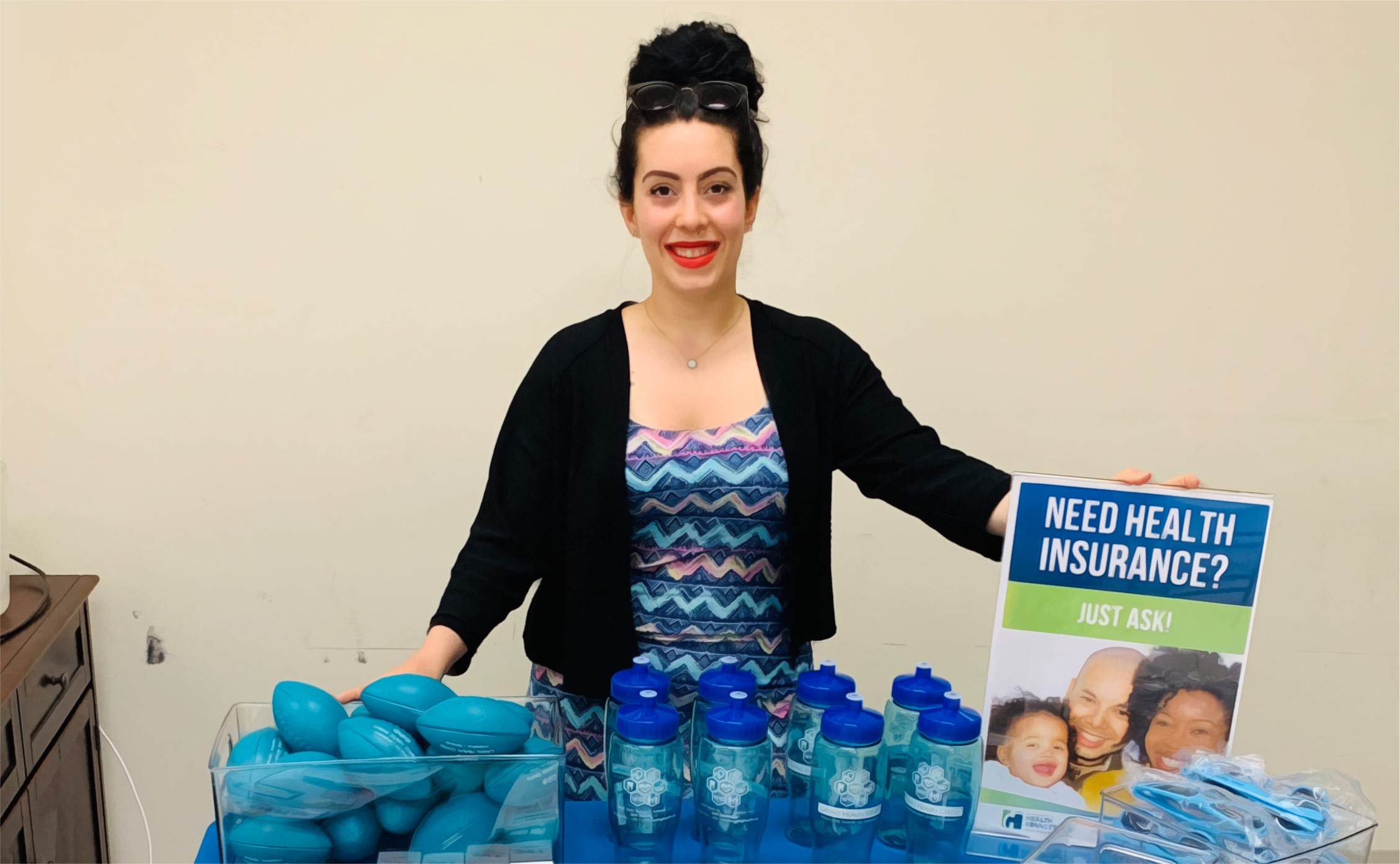
Connecting Consumers to Care grantees work in hotspot communities
Connecting Consumers with Care grantees are spread across the state and work to connect residents to health insurance coverage and needed health care. The Caring Health Center in Springfield is one of fourteen health care and community organizations using outreach activities and partnerships with community organizations to target diverse member groups. Tackling persistent and concentrated high uninsurance among Springfield’s hot spot communities, Caring Health Center conducted workshops with refugee resettlement and community-based agencies, serving clients in English, Spanish, Nepali, Russian, and Arabic. Their annual Open Enrollment Health and Culture Fair offered on-the-spot enrollment assistance, health insurance literacy presentations, cultural performances, and featured speakers including Senator James Welsh, Mayor Domenic Sarno, and Health Connector Executive Director Louis Gutierrez.
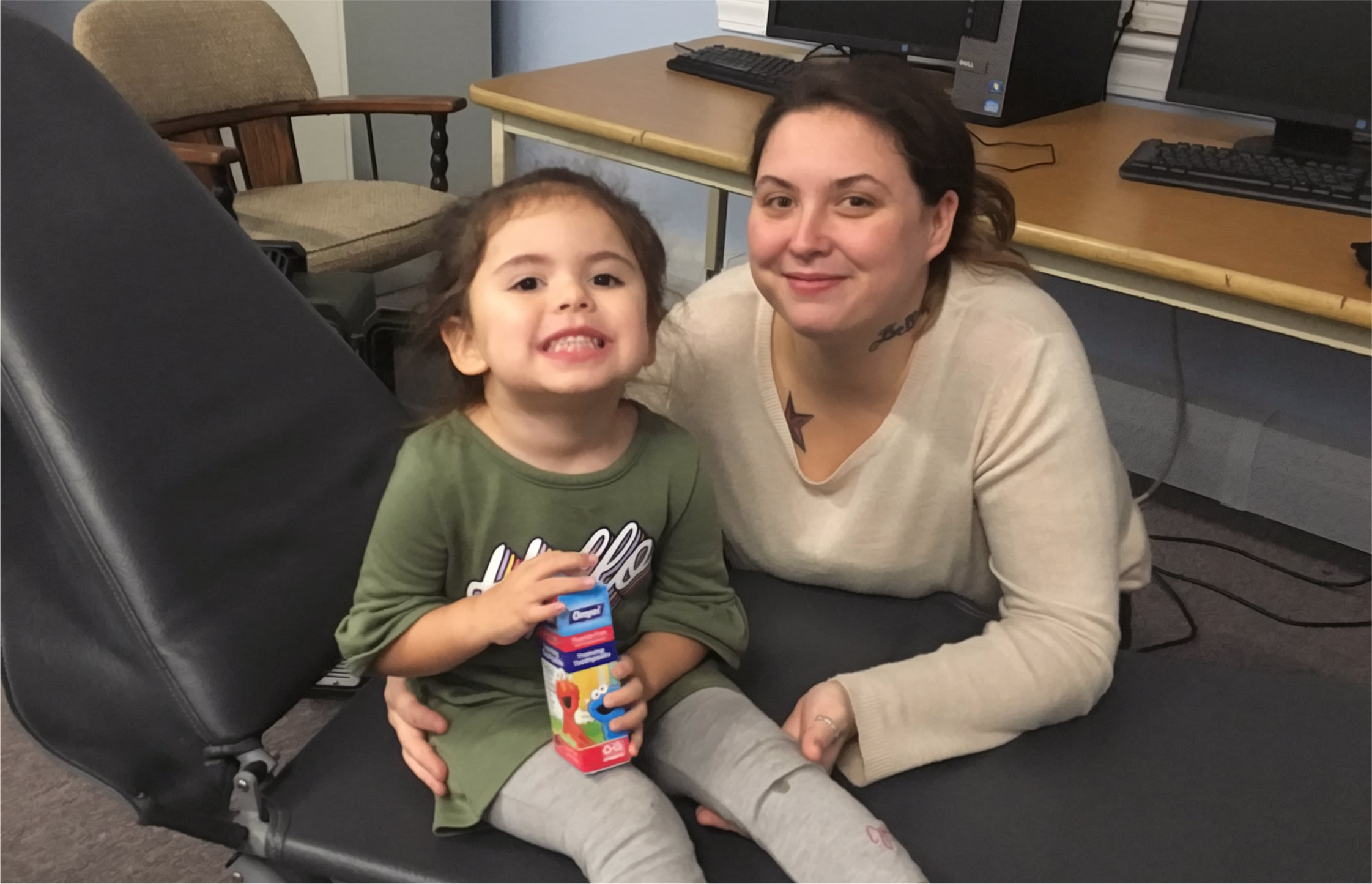
The Catalyst Fund shows how a small investment can make a big impact
The Catalyst Fund shows how a small investment can make a big impact in cities and towns throughout Massachusetts. The Catalyst Fund is a unique grant program, administered by the Foundation but entirely funded and awarded by BCBSMA employees. Not only do these grants help small community-based organizations strengthen their capacity to expand access to health care in their communities, but the Catalyst Fund also allows BCBSMA associates to have a direct role in making an investment in organizations across the state.
In 2019, 35 organizations received grants, including:
Visiting Dental Hygiene, Inc.
Visiting Dental Hygiene, Inc. in Hingham, which is a mobile dental hygiene program that provides preventive oral health care services, including cleanings, education, fluoride treatments, sealants, and dental referrals. The grant allowed Visiting Dental to purchase dental hygiene equipment and technology to expand outreach to patients with limited access to preventive dental hygiene care, including those living at homeless shelters, receiving treatment at substance use recovery programs, and children in care of the Department of Children and Families.
Jewish Family Service of Western Massachusetts (JFS)
Jewish Family Service of Western Massachusetts (JFS) in Springfield, which provides social service community programs, elder care, counseling, and refugee resettlement support grounded in Jewish values, to individuals from diverse cultural and economic backgrounds. Their Catalyst Fund grant helped the organization obtain licensure with the Massachusetts Department of Public Health to become a Behavioral Health Clinic.
Lynn Shelter Association
The Lynn Shelter Association, which provides shelter, supportive services, and housing solutions for clients experiencing homelessness. It received funding to conduct an elder needs assessment to better understand health and related needs of older homeless clients in order to design and implement responsive programs to meet the unique needs of this population.
Thank you Blue Cross Blue Shield of Massachusetts Foundation, for your help and support of these much needed services. Both our staff and our patients are very appreciative of all you do to help increase access to health care throughout Massachusetts.
– Visiting Dental Hygiene, Inc.
Investing in ideas…
By ensuring that complex health policies and systems are distilled and accessible by assembling data and compiling best practices. By bringing together those inside and outside the health care system to find common ground and build solutions that maintain, protect, and expand the coverage and access we’ve achieved in our state.
![]()
Maintain coverage for more than 1.8 million residents by educating providers, consumers, policymakers, and advocates on the MassHealth program
Developed in partnership with Commonwealth Medicine, MassHealth: The Basics contains updated information for those tracking the impact of the program as well as those who are tasked with implementing it on the ground. It has become an essential resource for new and seasoned stakeholders. More than 250 providers, consumers, policymakers, and advocates from across the state participated in an October webinar that outlined the key features of the program, highlighted new data on the impact of MassHealth on access and coverage, and described new program elements such as Accountable Care Organizations, Community Partners and Flexible Services programs, and the expansion of coverage for outpatient, residential inpatient, and community services to combat the substance use disorder crisis.
![]()
Protect Massachusetts from potential loss of coverage for 375,000 residents
Despite a healthy and robust Medicaid program in Massachusetts, the Foundation is invested in identifying and monitoring national threats to the Affordable Care Act (ACA) and health related laws and programs. With our partners at the Urban Institute, we modeled the potential impact of repeal of the ACA on MA residents, systems, and providers in order to prepare state policymakers to react. Developing ideas to tackle obstacles to coverage in the Commonwealth requires a rigorous analysis of what is at stake. As a co-convener of the Massachusetts Coalition for Coverage and Care, the Foundation ensures provider and advocacy groups, as well as payers and academia have access to these resources and facilitates collaboration to maintain the programs and coverage we’ve built in Massachusetts.
![]()
Expand access to behavioral health care for the more than 20% of Massachusetts adults with a mental health or substance use condition
Guided by an advisory group of local and national experts, our Ready for Reform report dove into the gaps between the state’s existing behavioral health care system and new whole-person-oriented vision for behavioral health care in the Commonwealth. The Foundation proposed a strategic approach and series of recommendations through which the state can advance this vision to achieve reform. Through the work of elected officials, administrative leadership, public and private organizations, and a strong community of advocates, many of these reforms have been implemented or are in process.
The Foundation continued to directly invest in programs that have the potential to innovate and transform behavioral health care in order to expand access. Through the Expanding Access to Behavioral Health Urgent Care grant program, $1.2M in funding was awarded to 6 health care organizations working toward an integrated and expanded model of mental health and substance use treatment that could be delivered more accessibly in the community. In 2019, grantees partnered with law enforcement, reached new geographic areas, brought on new treatment modalities and provider types, and made progress toward their vision for their communities.
…we need to address this problem in a similar way that we approached the issue of health care coverage and costs. We need…advocates, providers, payers…[and] employers to really flesh out what the issues are that we need to address here. How would we implement the recommendations? Because everybody’s got a stake in [improving our behavioral health system].
– Audrey Shelto, during a WBUR interview with Bob Oakes about the Ready for Reform report
Organization
Collaborating with public and private organizations to broaden health coverage and reduce barriers to care through grants, research, and policy initiatives since 2001.
Grantmaking
Total amount awarded in 2019
-
Expanding Access to Behavioral Health Urgent Care
-
Strengthening Voices
-
Connecting Consumers to Care
-
Special Initiative Grants
-
Going Beyond Health Care
-
Catalyst Fund
-
Network of Care
-
Nick Littlefield Community Award
-
Policy Grants
Expanding Access to Behavioral Health Urgent Care
Strengthening Voices
Connecting Consumers to Care
Special Initiative Grants
Going Beyond Health Care
Catalyst Fund
Network of Care
Nick Littlefield Community Award
Policy & Research
2019 Board of Directors
Manny Lopes
Chair
President and Chief Executive Officer, East Boston Neighborhood Health Center
Andrew Dreyfus
President and Chief Executive Officer, Blue Cross Blue Shield of Massachusetts
JD Chesloff
Executive Director, Massachusetts Business Roundtable
Sandro Galea, MD, DrPH
Dean and Robert Know Professor, Boston University School of Public Health
Shelly Greenfield, MD, MPH
Chief Academic Officer, and the Kristine M. Trustey Endowed Chair of Psychiatry, McLean Hospital, Professor of Psychiatry, Harvard Medical School
Michael Hunter
Vice President, Business Development, Trinity Financial
Thea James, MD
Physician, Emergency Medicine, Vice President of Mission, Associate Chief Medical Officer, Boston Medical Center
Mary Kay Leonard
Independent Consultant
Antonia McGuire, RN
Senior Consultant, John Snow, Inc.
Michael Miller, RN
Strategic Policy Director, Community Catalyst
Bruce Nash, MD
Chief Physician Executive and Senior Vice President, Health and Medical Management, Blue Cross Blue Shield of Massachusetts
Henry M. Thomas III, JD
President and Chief Executive Officer, the Urban League of Springfield, Inc.
Patricia Washington
Vice Chair
Board of Directors, Action for Boston Community Development (ABCD), Cambridge Jazz Festival Foundation, and Martha’s Vineyard Community Services
Audrey Shelto (ex-officio)
President, Blue Cross Blue Shield of Massachusetts Foundation
